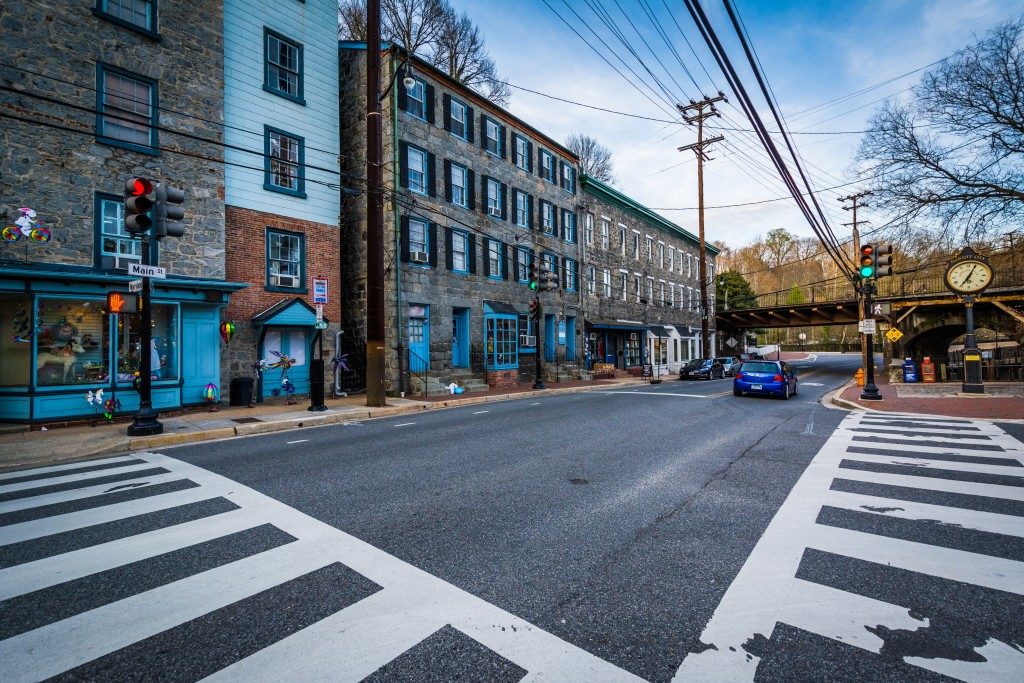A persistent story in Hollywood films involves heroes moving from their small town to the big city to pursue their dreams. But more young Americans are moving to small towns after earning their degrees. While some are attracted by the opportunity to become stakeholders for early ventures, others are looking for other incentives.
Little known cities such as Eagle Mountain or Verona may not have three fast food restaurants or retail stores per block like its bigger counterparts. What they and other smaller cities have instead are a deeper sense of community, a closer relationship with nature, and cheaper homes for sale.
Here are some other reasons moving to a smaller city or town is worth giving up the big city lifestyle:
Get paid to go small
Young professionals always seem to be attracted to large cities. The population density in big cities like New York City and Washington, D.C. increased by 700 people per square mile between 2010 and 2013 alone. This leaves small towns in the unenviable position of attracting young people back to their fold. And they need young people of all cultures to come back: a study noted that more deaths than births are occurring in rural counties, a phenomenon that has negative implications for their economies.
Luckily for younger generations who are often noted to live around the poverty line, some U.S. cities are paying people to move into their towns. Tulsa Remote in Oklahoma offer good pays for qualified applicants who agree to move and work in the city for at least a year. Buying Into Baltimore offers a $5,000 forgivable five-year loan while Vacants to Value flaunts a $10,000 incentive towards payment and closing costs for any prospective movers. Marquette, Kansas pushed the envelope further by offering free lots to homebuyers who agree to finish building a home within one year.
Smaller job pool, but a longer stay

Young people can’t exactly hop from one 9-to-5 to another in a small town. Oftentimes, they have to either create their own businesses or work in jobs with qualifications outside their degrees. Once they find their niche, they may stay there longer than usual out of a sense of calling or because they are the only ones who can perform that job.
Less traffic
What’s one of the biggest complaints that Los Angeles residents have in common with those in Bangkok or Mexico City? Traffic! It’s also a complaint small city dwellers don’t have. Close to non-existent public transportation in small towns are made up for by their similarly scant traffic situation. Early-closing shops are no match when you can zoom across town in a matter of minutes.
Close-knit communities
Everyone knowing everybody in small towns is a cliché that has a basis in truth. Strong family and social ties are the norms for towns with a population of less than 10,000. Chances are you wouldn’t be able to stop by a supermarket without three or more people stopping you for a chat. The sense of community also helps maintain security, though the remoteness of a town may negatively affect the availability of emergency care resources.
Moving to a smaller town can be beneficial, provided you will have a good source of income there. Weigh the benefits to see if living and working outside the CBD is a good option for you.

